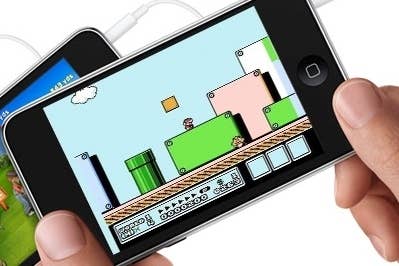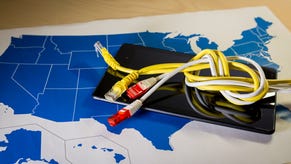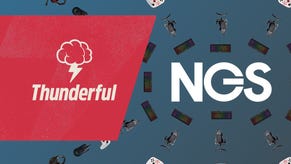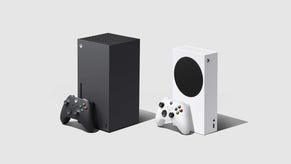Nintendo evaluating new business, "studying" smart devices
Nintendo is feeling the pressure of its latest poor fiscal report
Nintendo CEO Satoru Iwata has been reacting today to the company's poorer than expected financial results in which Wii U forecasts were slashed significantly. It appears that Nintendo is going to have a third consecutive annual operating loss and the company is aware that it needs to act.
"We are thinking about a new business structure," Iwata said at a press conference today in Osaka, Japan, according to Bloomberg. "Given the expansion of smart devices, we are naturally studying how smart devices can be used to grow the game-player business. It's not as simple as enabling Mario to move on a smartphone."
Putting Nintendo games on smartphones is something that many analysts have been pushing for in recent months. "The video-game market has moved into smartphones and tablets," said Mitsushige Akino, chief fund manager at Ichiyoshi Asset Management Co. "Nintendo needs to expand from their current hardware business model. It's a structural problem."
Nintendo, however, has always said that its games will only be playable on its own hardware. While it's certainly possible to program some Nintendo games to work on a smartphone's touchscreen, Nintendo's philosophy is that the quality of its first-party titles would be compromised if not on Nintendo hardware. It'll be interesting to see what conclusion Nintendo's study yields.
Regardless, something must be done to stop the bleeding. "We cannot continue a business without winning," Iwata added. "We must take a skeptical approach whether we can still simply make game players, offer them in the same way as in the past for 20,000 yen or 30,000 yen, and sell titles for a couple of thousand yen each."









.jpg?width=291&height=164&fit=crop&quality=80&format=jpg&auto=webp)